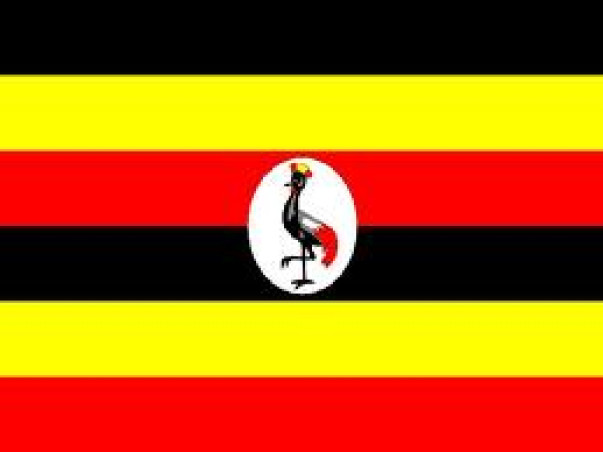Uganda: How Mobile Money Firms Survived Court

On May 29, telecommunications companies dealing in mobile money services got a lifeline after the Commercial court dismissed a case filed by Abdu Katuntu, the member of Parliament for Bugweri county, who had challenged the legality of the services.
Through Muwema & Company advocates and solicitors, Katuntu, who was joined by Kimberly Kasana as the second plaintiff, sued MTN, Airtel, Uganda Telecom, Orange, Bank of Uganda and Uganda Communications Commission, asking court to declare that mobile money services are illegal.
However, the defendants' lawyers objected to the suit on the grounds that Katuntu and Kasana had no right to bring the suit against them. The duo had claimed that they had instituted the suit in public interest in the exercise of their duties as citizens under article 17 of the constitution.
The telecommunications companies, led by MTN's lawyer, Joseph Matsiko, argued that the suit did not disclose whether Katuntu and Kasana were aggrieved by the violation of their rights by the defendants.
In reply, the duo's lawyer, Friday Roberts Kagolo, contended that his clients were not pursuing a personal right; rather, a public right. In his ruling, Justice Christopher Izama Madrama said it was wrong for the duo to institute their case under Article 17 (1) since it doesn't give them such a right of action.
"I have gone through all the clauses of article 17(1) of the constitution of the republic of Uganda. This suit has nothing to do with the respect of the national anthem, flag, coat of arm and currency under clause 1(a)," he said.
He further rejected the duo's claim that the case had anything to do with the respect of rights and freedoms of others.
"Rights and freedoms are provided for under article 50 of the constitution of the republic of Uganda. Most importantly article 17 is found under chapter 3 of the constitution of the republic of Uganda which is devoted to citizenship," he said.
"It is my considered view that issues to deal with citizenship should not be confused with those which deal with enforcement of fundamental rights and freedoms."
On the contention by Katuntu and Kasana that they filed the case in the public's interest, Madrama argued that they sued in their own right and not in a representative capacity per se.
SOURCE:THE OBSERVER.
 Africas leading resource for digital financial services
Africas leading resource for digital financial services


comments